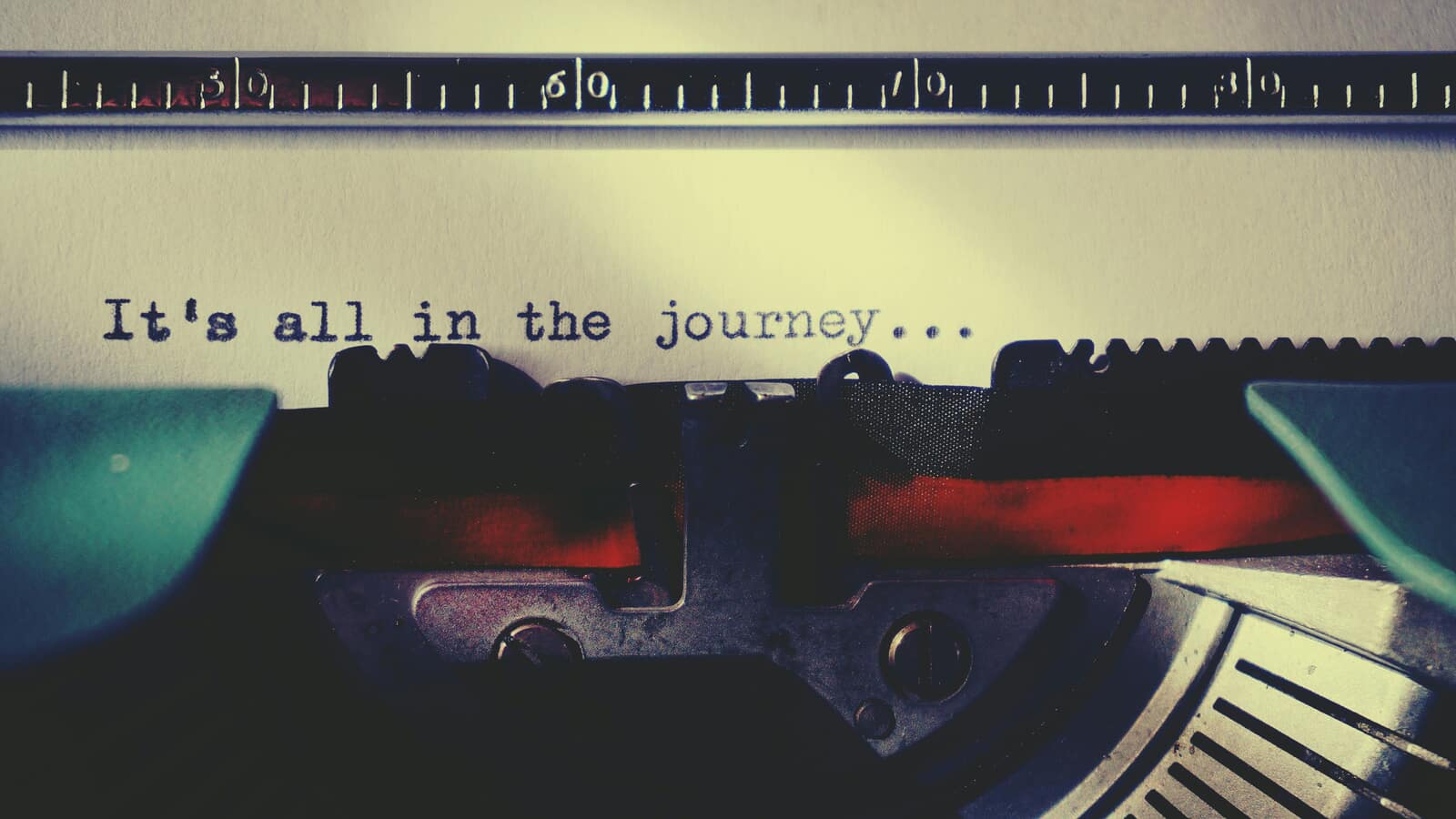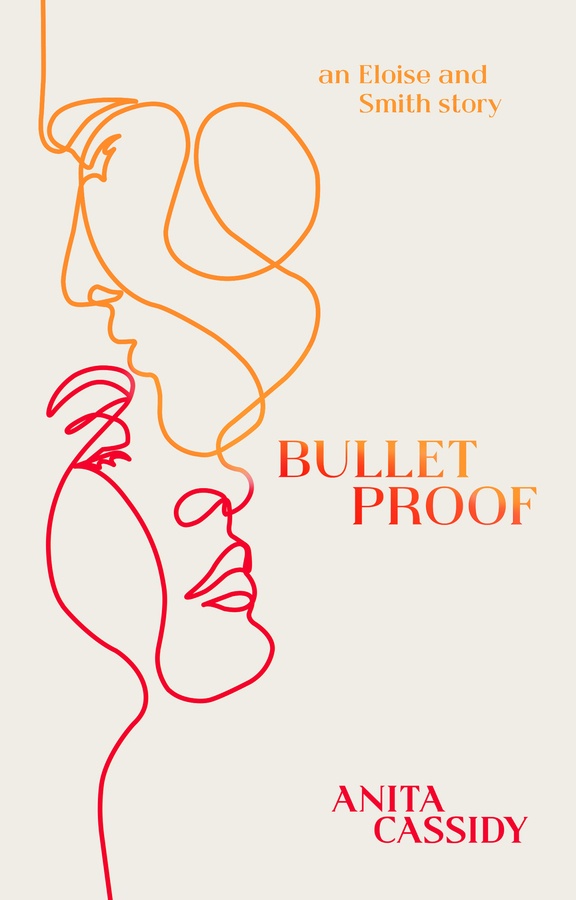Recent online squabbling about what the words ‘anchor’, ‘primary’ and ‘nesting’ partners mean (and/or imply) reminds me of the importance of this piece on language…
I’ve written previously about the power and limitations of language and, as I said then, the core concept for me is related to a Zen idea. The idea is that we can use words/ideas like a raft to get across a river, but we put the raft down to move on through the forest.
I was going to write that many people don’t feel any conflict between language and themselves, and then, on thinking of how we relate to simple concepts such as mother, husband, son, wife, man, I suddenly realised that we’re all in varying degrees of conflict at varying times. The mother who wants to work but also to be at home, the son who wants to be hugged and held close but whose mother only does that with their daughters because boys “don’t need” softness. The ways in which language can let us down, limit us, but also support and enable us, are as varied as people are.
And this complexity is part of the issue. Our pattern-making brains are drawn towards simplicity, and so it is only those among us who really struggle and strain against, or are actively hurt by, the meanings of certain words and language who ever really articulate that tension. And that can make it seem like an issue for ‘others’.
But I believe there are areas where this tension affects us all. It’s when a mother criticises another for working or not (because for them the word ‘mother’ means being at home); it’s when a man is teased for not drinking beer or not being into golf/football/take your pick. It’s about all the small and big, yet always painful cuts, that language, and the assumptions embedded in language, make into the complexity of our individual selves.
The pain experienced when expectations are not met by others, or when who we are doesn’t fit with a set of ideas that society has about a word, can cause a lifetime of harm. And, in too many cases, this gap between who we are and what society tells us words mean can even cause death: a brief look at the daily and weekly death toll of women at the hands of men, of trans people, as well as the pain caused by ignorance, tells us this is true. Becoming aware of by whom and how language is created and wielded as a weapon is a crucial step in seeing the world clearly.
As is so often the case, Eastern philosophies understood this millennia ago. The idea of yin and yang captures the essence of the idea of complexity, of the idea that something van be two things at once – the good in the bad and the bad in the good. But some of these ideas are already familiar to mainstream Western culture. The idea, for example, that courage is experiencing fear yet acting bravely (‘feel the fear and do it anyway’). Or happy-crying, the tears we shed when we are full of joy.
We need words that convey the inherent complexity of our lived experiences.
Language needs to go one step further to express the complexity. I have created some combinations that I believe capture certain ideas more effectively.
• Connected autonomy
A phrase that acknowledges both the importance of independent agency and the social needs and interconnectedness of all people.
• Compassionate individualism
A phrase that acknowledges the importance of individual growth, development and identity, as well as the need to be kind and compassionate to oneself and to the others we interact and are interdependent with. This is meant to help break down/overcome the implications of ‘selfishness’ in ideas of the self, and in self-care, as well as to demonstrate the social and cultural complexity of concepts such as individualism.
• Supported independence
A phrase that acknowledges the fact that we are both independent and autonomous but that we all rely on others and have others relying on us to varying degrees across our lifetime.
• Conscious relationships
A conscious relationship is any form of connection, sexual or non, family or otherwise, that has, and is developing, certain qualities: honesty, authenticity, compassion and kindness. Conscious relating is also a commitment to timely and appropriate communication; to the truth of the relationship as it is, not as it was, or how it ‘should’ be as defined by dominant social norms. This includes, and puts at the centre of all relating, the relationship with the self.
What does this all mean in our day-to-day lives? For me, it is about asking what certain words that people use mean to them. Conversations about words can lead to a more nuanced and more engaged level of interaction with people, to a deeper understanding of the needs and values of those around us.
We need to ask what people mean, rather than assume. Less assuming means more understanding, and more understanding leads to more contentment because it brings our internal and external selves into closer alignment and helps us see how often we have misunderstood or misread a tone, need or encounter.
It might be an interesting exercise to take some of the roles your life sees you performing and list the words that those roles mean/conjure up to you. As so much of the meaning of the words is taught to us before we become aware of the teaching, there will necessarily be some tension between your associations and your conscious beliefs and thoughts. Seeing the gap can be really helpful in gaining insight into yourself.
For example, here is my work on the word ‘partner’:
My assumptions, associations: committed for life, static, always sexual, might get married/live together.
My actual conscious beliefs based on my values: For me, my partners are not ‘my partner’ as in someone I own or someone who is compelled to be with me, or always having to be a sexual connection, or even a connection I expect to stay the same forever. To me, partners are people with who I have made a lifelong commitment regardless of the form that relationship takes. So, if it becomes platonic, or if it shifts between sexual and non-sexual, or we are close then not close then closer again, I accept that, and remain committed to the authenticity of the connection as it is right now, not as it was.
By examining the assumptions and images/ideas attached to certain words, labels and language we can gain further insight, develop more authentic connections, and perhaps even, change the world…




















